READY TO GET STARTED?
REQUEST A FREE ESTIMATE
Fill out the form below or call (888) 466-7849 for a free, no-obligation estimate.
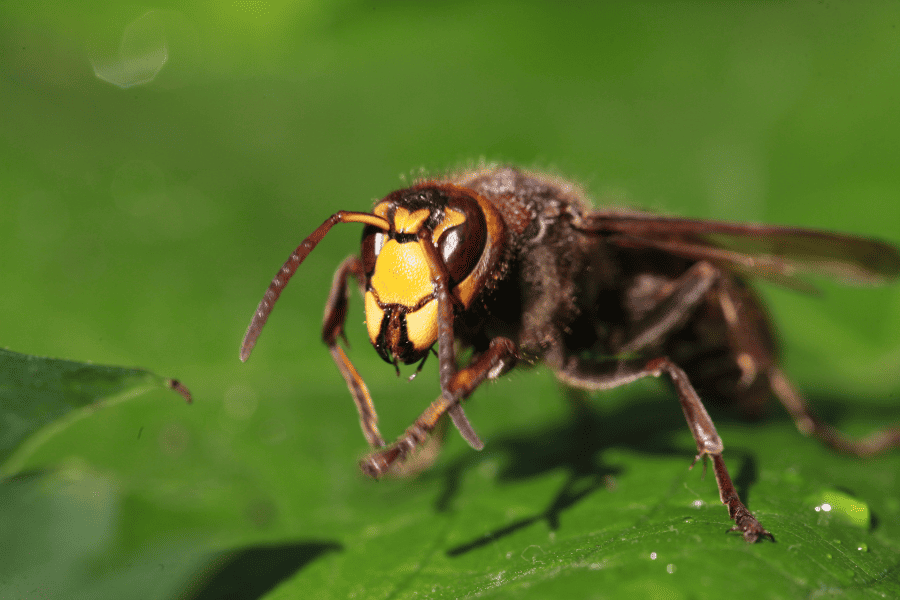
Stinging pests can be a real nuisance, and in some cases, a danger to your health. From hornets and wasps to fire ants, these pests can leave painful stings that can cause itching, swelling, and in severe cases, anaphylaxis. Let’s take a closer look at the different types of stinging pests and provide tips on how to prevent and identify them.
Hornets: Hornets are large, aggressive wasps that can pack a powerful sting. They typically build large paper nests in trees, bushes, and other outdoor locations. To prevent hornets from nesting on your property, inspect your home’s exterior regularly and seal any openings or gaps. Keep your outdoor trash cans sealed and dispose of food waste properly. If you do encounter a hornet’s nest, do not attempt to remove it yourself. Instead, call a professional pest control company.
Wasps: Wasps are similar to hornets, but they tend to be smaller and less aggressive. They can still pack a painful sting, however, and they can build their nests in a variety of locations, including under eaves, in trees, and shrubs. To prevent wasps from nesting on your property, keep your home’s exterior well-sealed, dispose of food waste properly, and keep outdoor trash cans sealed. If you do encounter a wasp nest, call a professional pest control company to safely remove it.
Fire Ants: Fire ants are small, reddish-brown ants that are known for their painful sting. They build large mounds in lawns and gardens and can be especially active during the summer months. To prevent fire ants from taking over your yard, keep your lawn well-maintained and avoid leaving piles of leaves or other debris in your yard. Treat fire ant mounds with bait or insecticide specifically designed for these pests and wear protective clothing and gloves when working in the yard.
If you discover an influx of stinging pests around your home call a professional pest control company if you do encounter a nest or infestation.
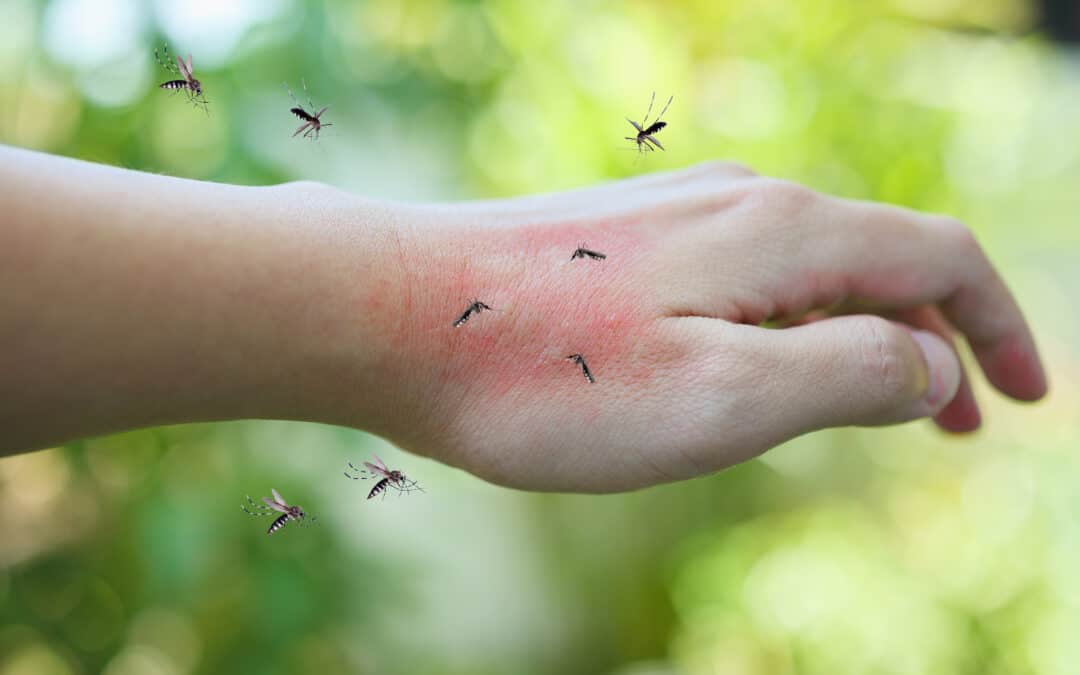
Ah, summertime! The sun is shining, the flowers are blooming, and the mosquitoes are out in full force. Yes, mosquitoes, those pesky insects that enjoy nothing more than buzzing around your head and leaving behind itchy, irritating bites. Not only are mosquito bites annoying, but they can also transmit diseases such as West Nile, Zika, and dengue fever. So, it’s important to prevent mosquito bites by placing preventative measures throughout your property to help eliminate these pests in your yard.
Mosquitoes can be a real nuisance in the summertime, but by taking these steps to prevent bites and eliminate mosquitoes in your yard, you can enjoy your time outdoors without worrying about these annoying insects. If you notice more mosquitoes around your yard than you are comfortable with, consider reaching out to your local pest control company for a free inspection.
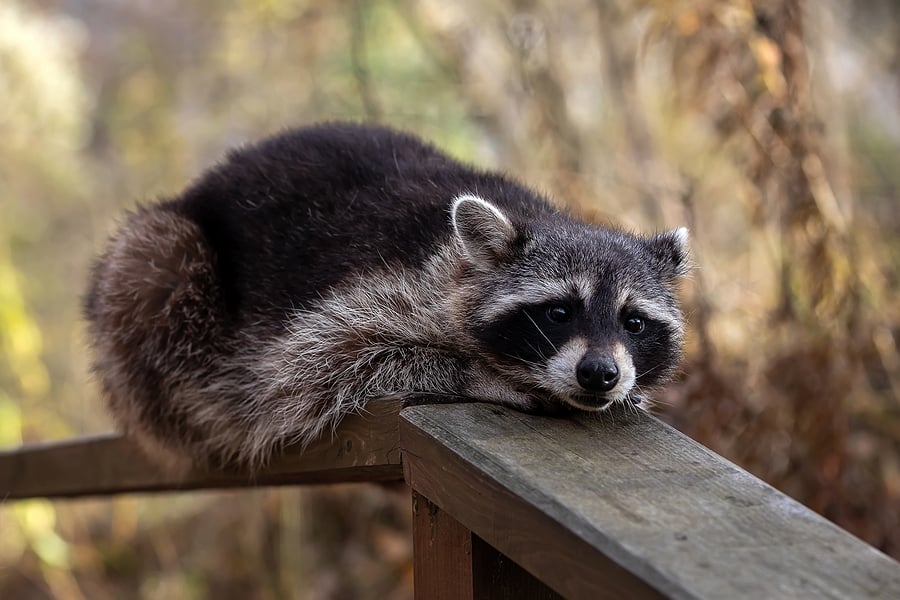
Raccoons are common wildlife found around homes or anywhere they can find an available food source. Although they look cute and cuddly, they are very aggressive when cornered and can cause significant damage to your home and yard.
Raccoons mate in February and March and litters are born 60-70 days after. They have anywhere from 2 to 5 kits per litter. Young raccoons are fully weaned and independent from their mothers in the summer, which is why we often see more of them this time of year. Mother raccoons are finding food and new nesting sites for their newly independent babies.
Raccoons will nest high in trees and are often found in our attics and crawlspaces. They are omnivores and will feed on anything, often raiding our trashcans for a meal. In late summer, they increase their food intake to build up their fat layers for the upcoming winter months.
Raccoons cause damage by upending trashcans and spreading trash across our yards, leaving droppings behind that contaminate our homes, urinating in attics which contaminates insulation and can cause mold, chewing through wires causing fire hazards, and shredding insulation for nests which can lead to costly damages and increased heating and air bills.
You can prevent raccoons by:
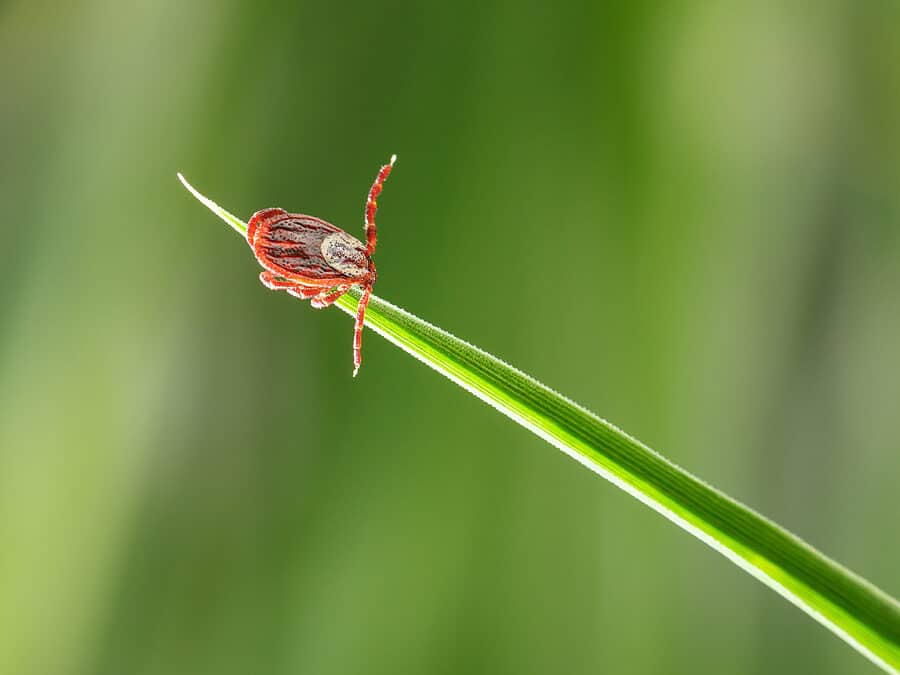
While most people associate summer with warmer weather and more time spent outdoors, it also marks peak season for many Georgia pests. Here are 5 of the most common summer pests in Georgia and how to prevent them.
Mosquito season peaks in summer (peak months are June to September) with activity at hits highest. Mosquitoes are most active at dawn and dusk. These pests transmit serious diseases to both humans and pets. They also breed in standing water found around your home. You can get rid of mosquitoes this summer by:
Ticks are active from late spring to early fall. These summer pests are known to transmit serious disease to humans and pets. They are commonly found wooded areas and areas with tall grass. Avoid ticks this summer by:
Spiders are common in summer as they are often driven from their hiding places by the warmer temperatures (e.g. your attic). While spiders are beneficial to have around as they eat other common pests found in your home, they can be a nuisance. Keep spiders at bay this summer by:
Ants emerge in the summer in search of food (particularly sweets and grease) that they take back to their colonies. This is why they are often found in kitchens. You can prevent ants by:
Stinging pests, such as wasps, hornets, bees, and yellow jackets, are prominent in the summer months. These pests will often forage for food during the warmer weather. Avoid stinging pests by:
Don’t let summer pests ruin your time outdoors. Contact your local pest control company today for a free evaluation.
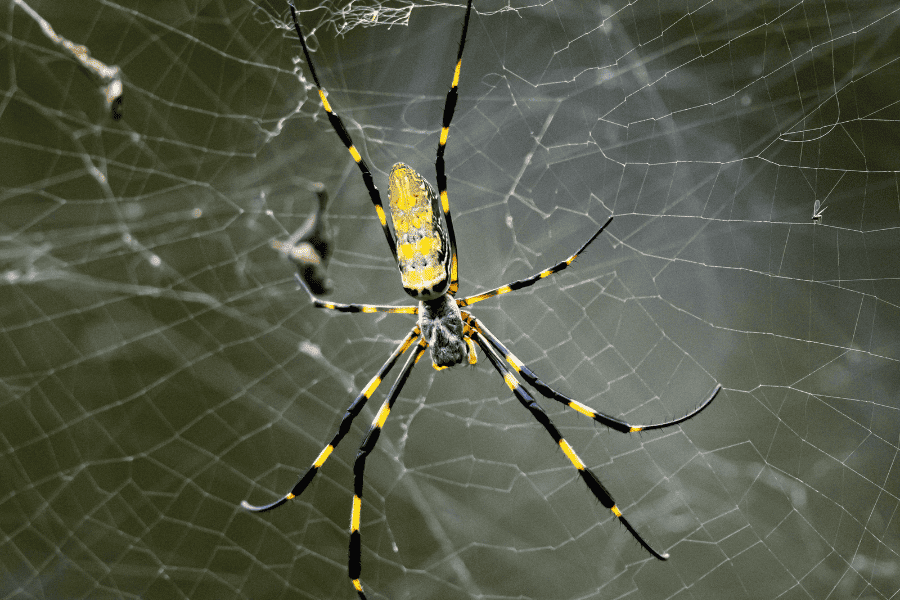
Summer is a season that brings with it many joys, such as longer days and warmer weather. Unfortunately, it also brings a variety of pests that can invade your home and make life unpleasant. Let’s discover some common summer pests and share tips for preventing them.
Ants are one of the most common pests found in homes during the summer months. They are attracted to sweet, sticky substances and can quickly become a nuisance if they find a food source in your home.
Mosquitoes are another common summer pest that can be a serious health concern. They can carry diseases such as West Nile virus and Zika virus, so it’s important to take steps to prevent them.
Ticks are small, blood-sucking pests that can transmit diseases such as Lyme disease and Rocky Mountain spotted fever. They are often found in wooded areas but can also be found in your yard if you have tall grass or brush.
Bees and wasps are important pollinators, but they can also be a nuisance and a health concern.
To prevent bees and wasps, keep your trash cans sealed and dispose of food scraps properly. If you have a nest on your property, call a professional to remove it rather than attempting to do it yourself.
Spiders are often found in dark, damp places like basements and crawl spaces. They can be beneficial by eating other pests, but some species can be dangerous if they bite.
If you have a pest problem that you can’t control on your own, contact your local professional pest control company for a customized summer pest prevention plan!